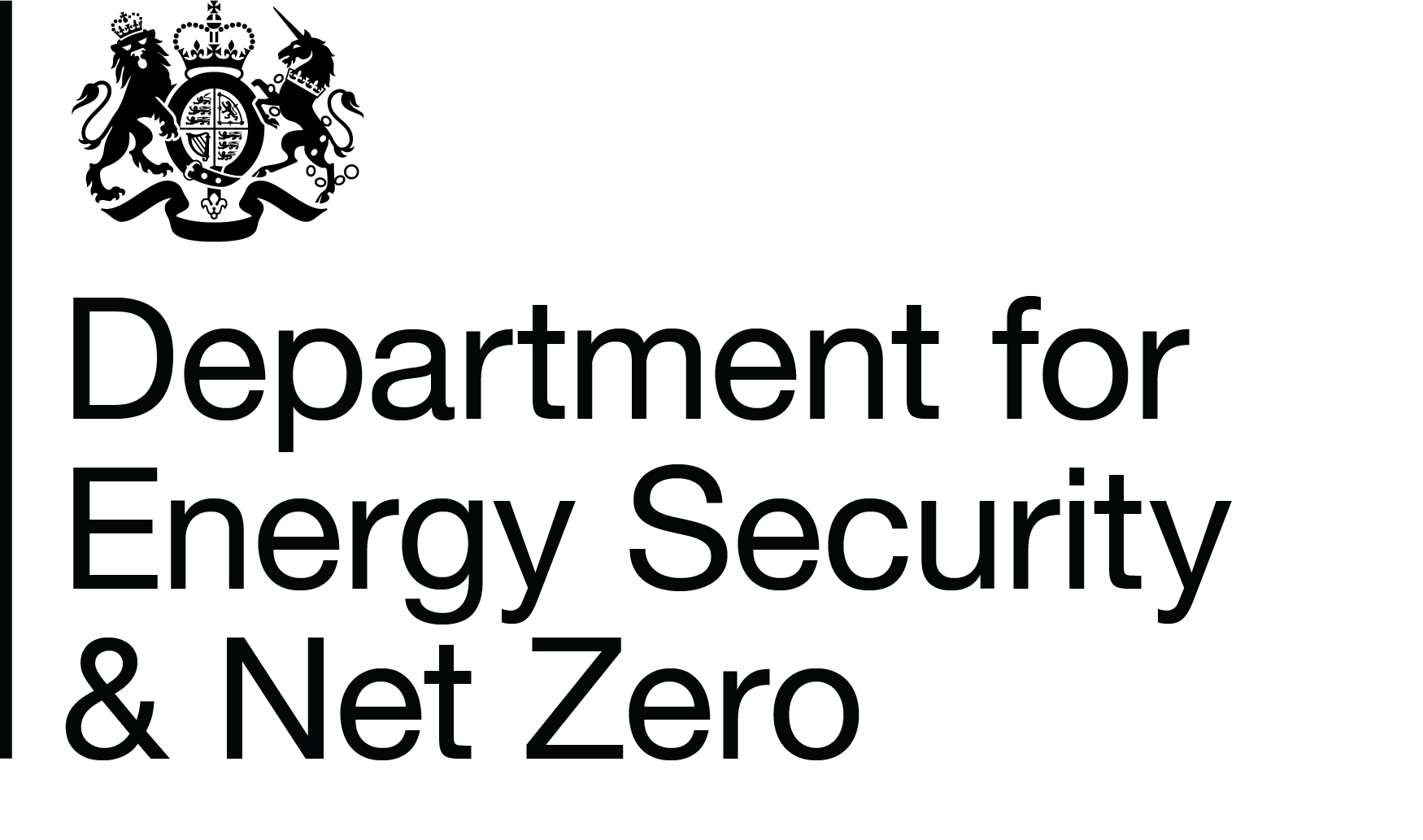Proposed Amendments to the Employment Tribunal Postponement Procedures
Results updated 13 Feb 2016
We will amend the Employment Tribunal Rules of Procedure in the Employment Tribunals (Constitution and Rules of Procedure) Regulations 2013 to:
- limit the number of postponements that can be granted to a party, in a single case, other than in exceptional circumstances
- introduce a deadline after which applications for the postponement of a hearing would only be allowed in exceptional circumstances
- place an obligation on tribunals to consider granting costs orders where late notice postponements are granted
Links:
Overview
This consultation seeks views on the proposed changes to the rules governing Employment Tribunal postponements.
One of the concerns about the Tribunal system voiced by stakeholders, is the time it takes. Unecessary and short notice postponements can increase the length of the process and lead to additional stress and costs for those involved.
In response to this, and subject to parliamentary approval. the Small Business, Enterprise and Employment (SBEE) Bill will include measures to address these concerns, by amending the Employment Tribunals Act 1996 to allow the Government to make changes to the Rules of Procedure governing Employment Tribunal postponements.
These changes will:
- Limit the number of postponements that can be granted to, 2 per party, in a single case, other than in exceptional circumstances.
- Introduce a deadline of 'less than 7 days before the date of the relevant hearing', after which applications for the postponement of a hearing would only be granted in exceptional circumstances.
- Place an obligation on Tribunals to consider granting costs orders or preparation time orders where late notice postponements are granted. A late postponement is a postponement where the application is made less than 7 days before the date of the hearing.
The full consultation document can be viewed via the link below. This provides additional information on the proposals and should be read in conjunction with this questionnaire.
Audiences
- Business journalists
- Businesses
- Charities
- Charity or social enterprise
- Employment advisers
- Employment lawyers
- HR organisations
- HR professionals
- Individual
- Individual employees
- Large businesses (over 250 staff)
- Legal representative
- Local government
- Medium business (50 to 250 staff)
- Micro business (up to 9 staff)
- Multinational businesses
- Small business (10 to 49 staff)
- SMEs (small and medium businesses)
- Trade bodies
- Trade union or staff association
Interests
- Workplace rights


Share
Share on Twitter Share on Facebook